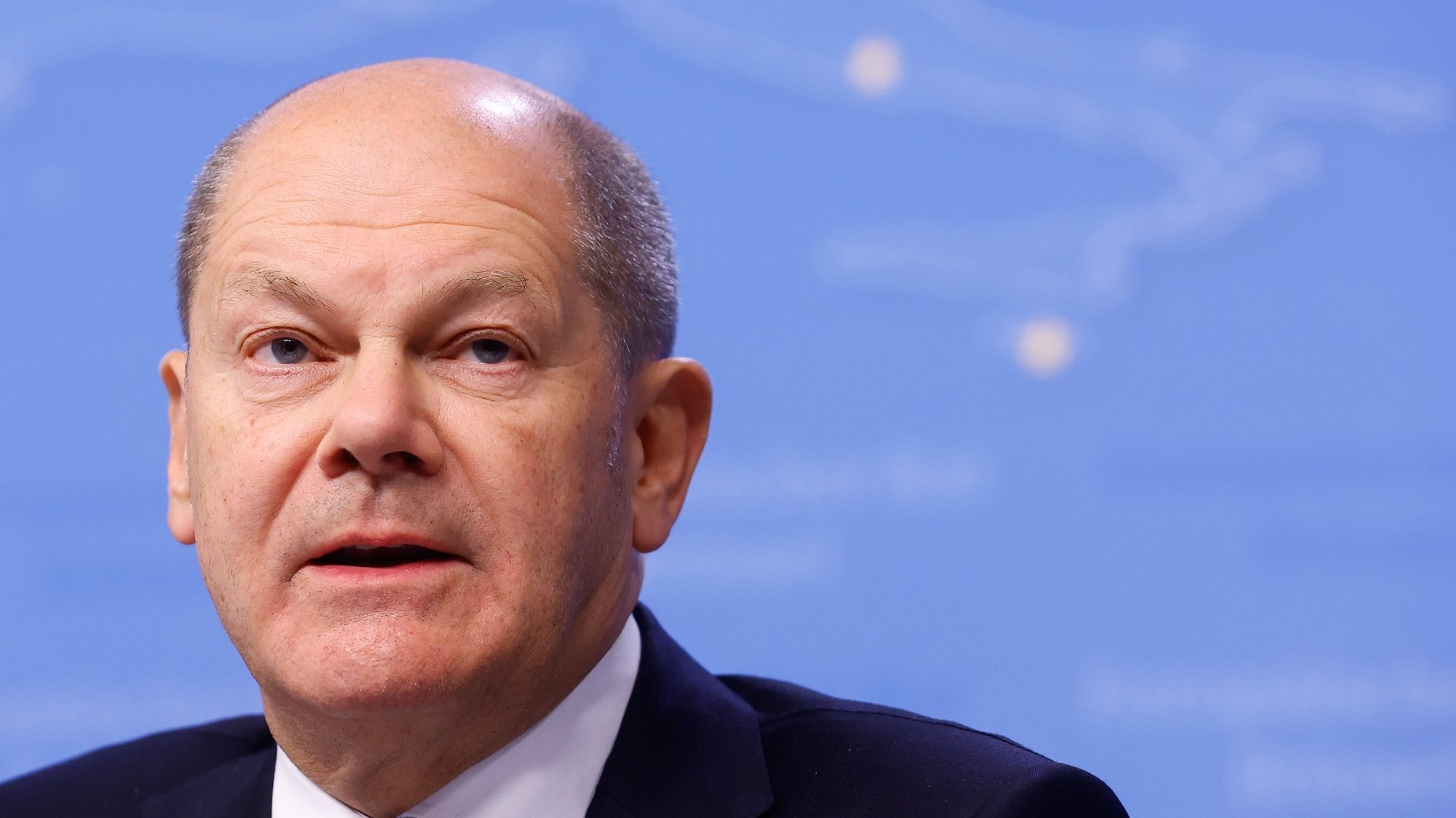German Chancellor Olaf Scholz is making his first visit to China since taking power on Friday, at a time when Germany and the European Union (EU) are readjusting their approach to Beijing.
Scholz’s visit will face close scrutiny. Although his government has already shown signs of moving away from the purely commercial approach to that Asian country, cultivated by the predecessor Angela Merkel, Scholz brings with him a business delegation, which includes the executive presidents of Volkswagen, BioNtech or Siemens.
The move also comes after controversy over a Chinese port management company’s investment in a German container terminal.
The leader of Europe’s largest economy will meet with President Xi Jinping and Premier Li Keqiang in Beijing during his one-day visit. Given the high restrictions preventive measures against covid-19 in China, the German delegation will not spend the night in Beijing.
It is the first visit by an EU leader since the start of the pandemic and comes shortly after Xi won a third term as general secretary of the Chinese Communist Party and promoted allies to the top of China’s hierarchy of power. .
The displacement also comes against the backdrop of rising tensions between China and Taiwan and after a UN report found that abuses against Muslim ethnic minorities in northwest China’s Xinjiang region could amount to “crimes against humanity“.
A senior German official, who briefed reporters on condition of anonymity, characterized the visit as “exploration trip“, to know “where is China, where is China going and what forms of cooperation are possible with this specific China, in the current global situation”.
The official noted theprivate liability” from Beijing, as an ally of Russia, to help end the war in Ukraine and pressure Moscow to soften its nuclear rhetoric.
The chancellor will also seek to “balance” economic relations.
China was Germany’s largest trading partner in 2021 for the sixth consecutive year. That Asian country was the main source of German imports and the second destination of exports, after the United States.
The Scholz government has already recognized, however, that China is increasingly a competitor and “systemic rival”, as well as a partner on issues such as climate change. His coalition, made up of three parties, promised to elaborate a “comprehensive strategy for China“.
German Foreign Minister Annalena Baerbock said on Sunday she fears “a repeat of the mistake Germany made in recent years with Russia,” equating dependence on Russian gas with dependence on the Chinese market.
“We must prevent this,” he said.
Baerbock’s comments came after the German government debated whether or not to allow Chinese company COSCO to acquire a 35% stake in a container terminal in the port of Hamburg. Baerbock and other rulers opposed the deal, while Scholz downplayed its importance. COSCO was allowed to take a share below 25%. A higher share allows the investor to lock in the company’s decisions.
Unlike his two immediate predecessors, Scholz has made Japan, not China, his first Asian destination and is encouraging companies to diversify but not discouraging doing business with China.
After an EU summit last month, the German leader said: “No one is saying we have to go [da China], that we can no longer exportimport or invest [na China]”.
But, in an increasingly multipolar world, “we should not focus on a few countries,” he stressed.
“Not putting all your eggs in one basket is the smart thing to do.”
At the same summit, the leaders of the 27 EU countries discussed reducing their dependence on China for the supply of technological equipment and raw minerals, and agreed to demand a better balance in economic relations while working with Beijing on global issues. .
Quoted by the German newspaper Frankfurter Allgemeine Zeitung, Scholz assured that he is traveling “like european” and that Berlin consulted closely with European and transatlantic partners before the visit.
He also said that “Germany’s China policy can only be successful if it is incorporated into a European policy.”
Chinese Foreign Ministry spokesman Zhao Lijian said on Tuesday that Beijing believes Scholz’s visit will “inject new impetus” into the development of “comprehensive strategic partnership” between the two countries and that it will “contribute to world peace, stability and growth”.
Source: Observadora
